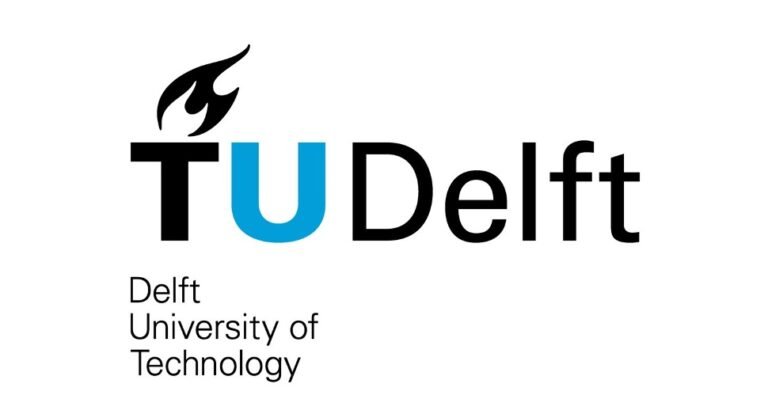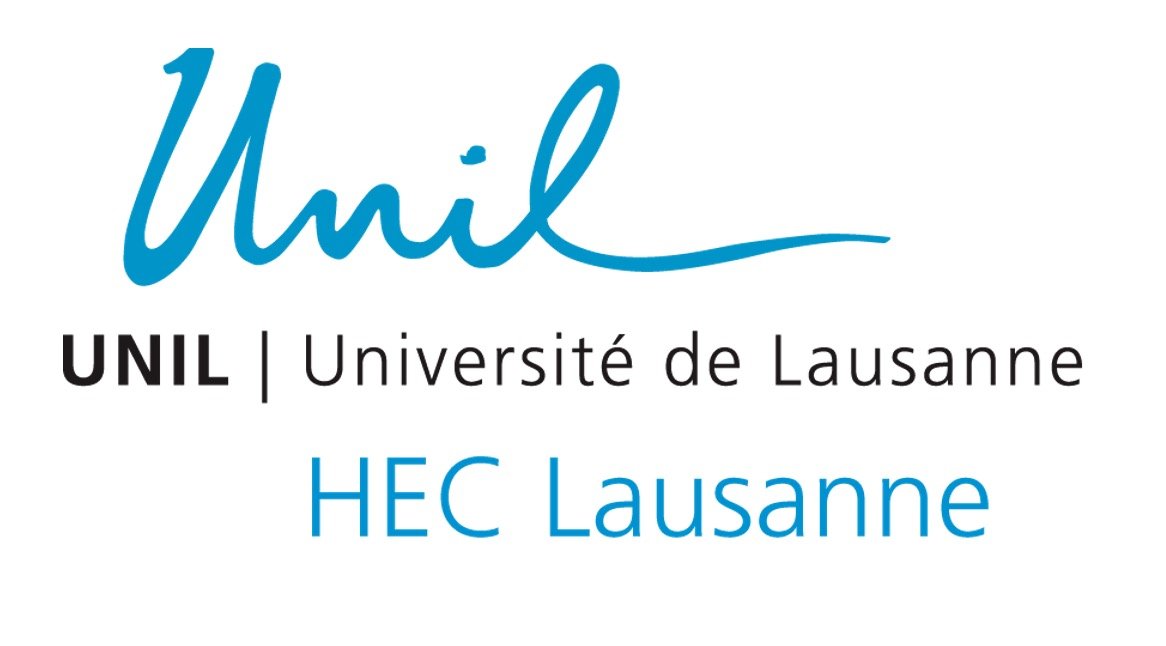Job description
Anaerobic fermentative microbiomes growing on organic carbon simultaneously employ multiple biochemical pathways to maximize free-energy conservation. Despite their significant relevance to health, environmental science, and biotechnology, predicting their stoichiometry, kinetics, and ecological behavior under varied and dynamic conditions remains a challenge. Key ecological questions that would enhance our understanding of microbiome assembly and dynamics are still unanswered. For instance: Can we consistently direct population dynamics, restore lost functionalities, or select specific interspecies interactions? To what extent does inoculum composition influence community structure and function?
In the laboratory, we will cultivate fermentative communities in parallel bioreactors, subjecting them to controlled variable selective pressures (https://m-unlock.com/parallel-cultivation-platform). These bioreactors are equipped for high-throughput biochemical and molecular analyses, which will reduce uncertainty in experimental data and support the generation of theoretical hypotheses.
Simultaneously, this project will further develop a multiscale modelling platform (https://github.com/Computational-Platform-IbM) able to simulate bioreactor dynamics, mass transfer limitations, and microbial interactions. This digital twin will enable us to test theoretical derivations of microbial growth parameters grounded in bioenergetics and cellular resource-allocation principles. We hypothesize that competition for energy is crucial for the survival of syntrophic populations, which are at the core of any fermentative microbiome.
Through this project, we aim to advance the integration of mathematical modelling in biotechnological laboratory experimentation. Biotechnological research has traditionally relied on empirical approaches, which are often slow and costly. Computational platforms like the one we will develop in this project will promote a more quantitative approach to ecology, facilitating rational bioprocess design and driving innovation in the field.
This project is part of a large interantional consortia that joins efforts to find best practices for manure treatment from a technological, economical and social scopes. With the developed and fully matured computational model, the simulation of the bioprocesses involved in cutting-edge technologies for the treatment of manure wastes will be approached, contributing to decision-making and design when selecting and optimising the technologies involved for different case studies.
The selected candidate will work in the section of Environmental Biotechnology of the Biotechnology Department. They will be part of a team of researchers working with computational models and microbial cultivations, regularly participating in internal meetings and seminars. They will contribute to science disemination by writing scientific articles and presenting their work in national and international conferences and symposia. Aditionally, the selected candidate will have oportunities for mentoring PhD candidates, Master and Bachelor students.
Job requirements
- A PhD in Applied Mathematics, Biotechnology, Microbiology, Ecology, or a related field is required to apply to this position.
- Solid understanding of bioprocess technology with desired focus on the dynamics of anaerobic microbiomes.
- Strong programming skills in Julia, MATLAB, Python, or similar languages. Desired knodledge in physics and mathematical numerical methods.
- Proactive, curiosity-driven researcher with capacity to drive and balance multiple research tasks effectively.
- Proven ability to work collaboratively in a team-oriented and multidisciplinary environment, with a desire to collaborate with experimentalists and contribute to experimental data analysis and interpretation.
- Strong capacity for science communication. With desire to lead scientific publications and presentation of results to academic audiences.
TU Delft (Delft University of Technology)
Delft University of Technology is built on strong foundations. As creators of the world-famous Dutch waterworks and pioneers in biotech, TU Delft is a top international university combining science, engineering and design. It delivers world class results in education, research and innovation to address challenges in the areas of energy, climate, mobility, health and digital society. For generations, our engineers have proven to be entrepreneurial problem-solvers, both in business and in a social context.
At TU Delft we embrace diversity as one of our core values and we actively engage to be a university where you feel at home and can flourish. We value different perspectives and qualities. We believe this makes our work more innovative, the TU Delft community more vibrant and the world more just. Together, we imagine, invent and create solutions using technology to have a positive impact on a global scale. That is why we invite you to apply. Your application will receive fair consideration.
Challenge. Change. Impact!
Faculty Applied Sciences
With more than 1,100 employees, including 150 pioneering principal investigators, as well as a population of about 3,600 passionate students, the Faculty of Applied Sciences is an inspiring scientific ecosystem. Focusing on key enabling technologies, such as quantum- and nanotechnology, photonics, biotechnology, synthetic biology and materials for energy storage and conversion, our faculty aims to provide solutions to important problems of the 21st century. To that end, we educate innovative students in broad Bachelor’s and specialist Master’s programmes with a strong research component. Our scientists conduct ground-breaking fundamental and applied research in the fields of Life and Health Science & Technology, Nanoscience, Chemical Engineering, Radiation Science & Technology, and Engineering Physics. We are also training the next generation of high school teachers.
Click here to go to the website of the Faculty of Applied Sciences.
Conditions of employment
- Duration of contract is 3 years.
- A job of 38 hours per week.
Salary and benefits are in accordance with the Collective Labour Agreement for Dutch Universities. The TU Delft offers a customisable compensation package, discounts on health insurance, and a monthly work costs contribution. Flexible work schedules can be arranged.
For international applicants, TU Delft has the Coming to Delft Service. This service provides information for new international employees to help you prepare the relocation and to settle in the Netherlands. The Coming to Delft Service offers a Dual Career Programme for partners and they organise events to expand your (social) network.
Additional information
If you would like more information about this vacancy or the selection procedure, please contact Dr Rebeca Gonzalez-Cabaleiro, via r.gonzalezcabaleiro@tudelft.nl.
Application procedure
Are you interested in this vacancy? Please apply no later than 15 Feb 2025 via the application button and upload the following documents:
- CV
- Motivational letter
You can address your application to Dr Rebeca Gonzalez-Cabaleiro.
Please note:
- You can apply online. We will not process applications sent by email and/or post.
- A pre-employment screening can be part of the selection procedure.
- A knowledge security check will be part of the selection procedure (for details page 45: national knowledge security guidelines).
- Please do not contact us for unsolicited services.




